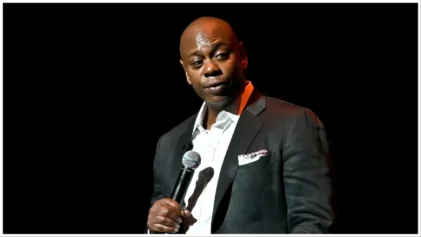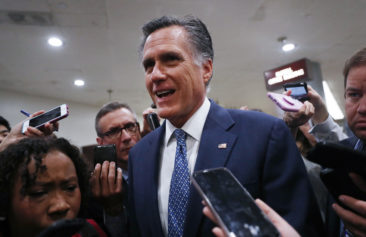This past week Republican presidential candidate Mitt Romney went through the choreographed routine surrounding Israel that we see from presidential candidates every four years—he talked tough about Israel’s enemies and said wonderful things about Israel’s relationship with the United States.
Though American Jews make up just four percent of the electorate, presidential candidates customarily twist themselves into knots to make sure they appear as amenable as possible to Israel to lock down as many of those Jewish votes as possible. President Obama did the same thing four years ago, though he has made some steps over the past four years to seem more even-handed in the Israeli-Palestinian struggle than some of his predecessors, earning the ire of some Jews. But in the end, Obama has made the necessary threats against Israel’s biggest current enemy, Iran, and retained the U.S. as Israel’s biggest ally.
Romney wandered into dangerous territory during his visit to Israel when he mentioned the”power of culture,” an extremely loaded phrase in that part of the world, where every utterance can set off tensions and accusations of bias.
“And as I come here and I look out over this city and consider the accomplishments of the people of this nation, I recognize the power of at least culture and a few other things,” Romney said, citing an innovative business climate, the Jewish history of thriving in difficult circumstances and the “hand of providence.”
Romney lavished as much love as he possibly could during his trip to Israel. He declared Jerusalem to be the capital of the Jewish state—which is a controversial statement because the Palestinians are opposed to the idea and Tel Aviv is considered the capital—and said the United States has “a solemn duty and a moral imperative” to block Iran from achieving nuclear weapons capability.
“Make no mistake, the ayatollahs in Iran are testing our moral defenses. They want to know who will object and who will look the other way,” he said. “We will not look away nor will our country ever look away from our passion and commitment to Israel.”
Romney’s comments drew a standing ovation from his audience, including Sheldon Adelson, the American businessman who has pledged up to $100 million to help Romney win—and who may have been Romney’s primary audience .
But Palestinians were not so warm in their response to Romney’s comments. Saeb Erekat, an aide to Palestinian President Mahmoud Abbas—who Romney snubbed by declining to meet with him—said Romney’s comments about Jerusalem were “absolutely unacceptable,” and that “such statements and policy will push the region toward extremists.”
Erekat said Romney’s positions on Jerusalem go against long-standing U.S. policy.
“At the end of the day, the U.S. has interests in this region, it has embassies in 57 Arab and Muslim countries,” he said. “I don’t think they will sacrifice everything for such statements, mere disturbing statements that will strengthen extremists in the region.”
It became clear that it’s not enough for Romney to step into this long-suffering region and simply direct all his statements to appeasing Israel. There are many sides to consider with every issue, many competing positions.
With all the pandering to Israel by presidential candidates, the American Jewish Committee released a survey recently that found that just 22 percent of Jewish voters cited U.S.-Israel relations as their top priority in voting for a president.
“American Jews are very liberal, in general, especially non-orthodox American Jews,” Peter Beinart, editor of Open Zion, a blog featured on The Daily Beast, said on NPR. “Most elections feature candidates who most American Jews consider ‘good enough’ on Israel, and then they tend to vote on other issues.”
But Matt Brooks, director of the Republican Jewish Coalition, said that he believes Romney will make inroads in reducing the 80 percent of Jews who backed Obama in 2008—though he concedes Obama still will win the Jewish vote.
“The Republicans have consistently and unmistakably increased their market share among Jewish voters in four out of the last five national elections,” Brooks says.
In his Israel pandering, Romney said he’ll do “the opposite” of Obama on Israel—but Israel observers don’t really know what that means, since Obama has been quite supportive of Israel. Harvard professor Stephen Walt, the author of The Israel Lobby and U.S. Foreign Policy, told NPR that taken literally, it would mean getting rid of all American economic and military assistance to Israel, as well as not vetoing Security Council resolutions critical of Israel.
“In fact President Obama, like all of his predecessors, has been very supportive of Israel,” he says. “The idea that Romney would be substantially more supportive is simply wrong.”
But because there’s no real Palestinian voting bloc in the U.S. who can offer advantages to any candidate who panders to the Palestinian side, the U.S. presidential candidates will continue going as far as they feel is necessary to make the Jewish community happy on Israel.


